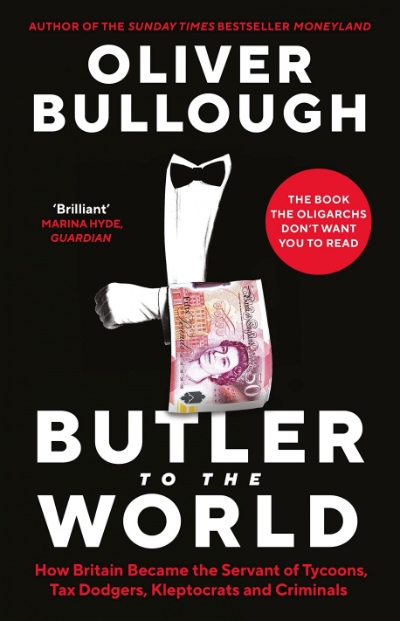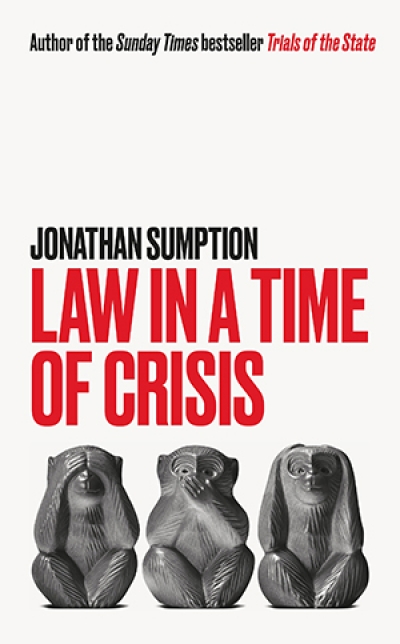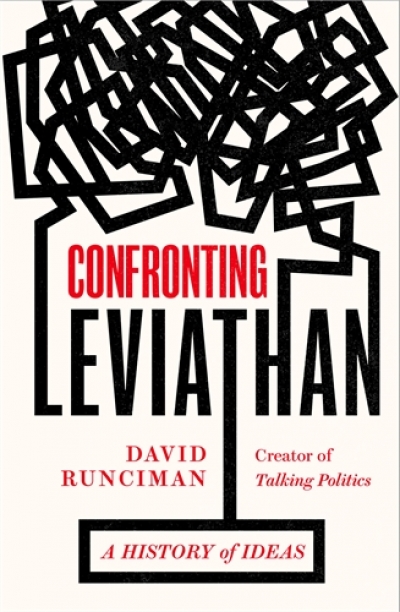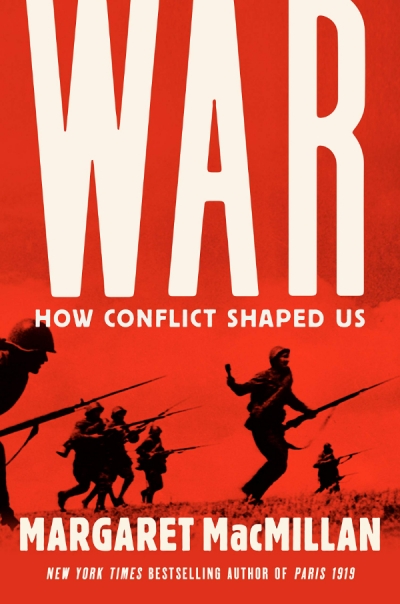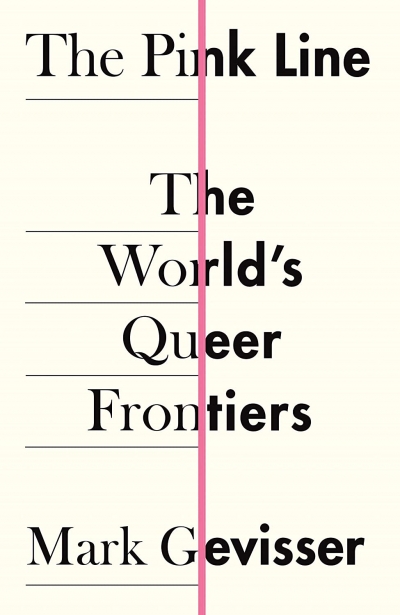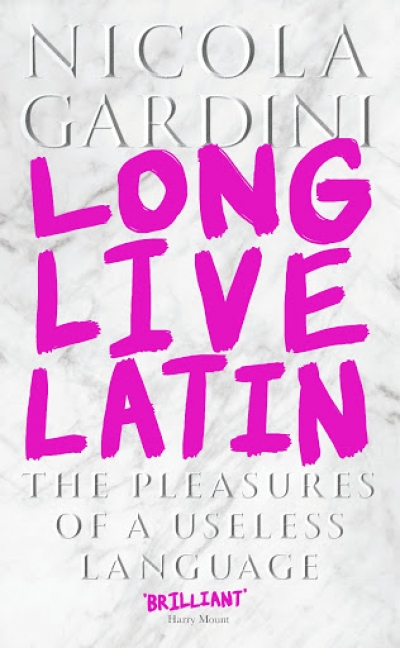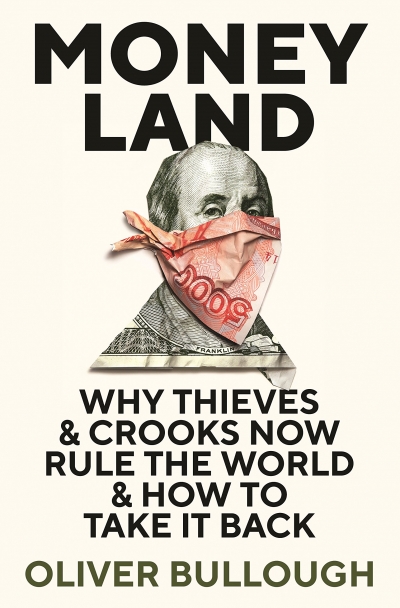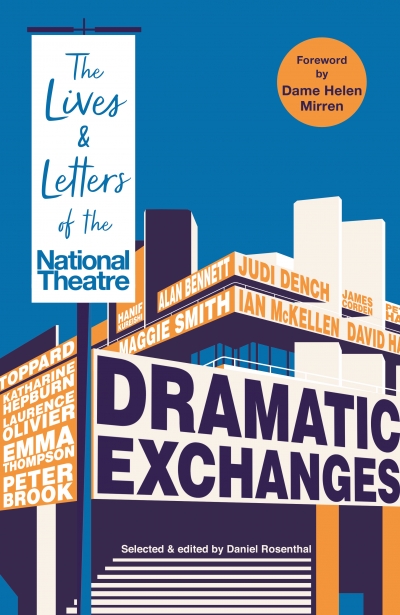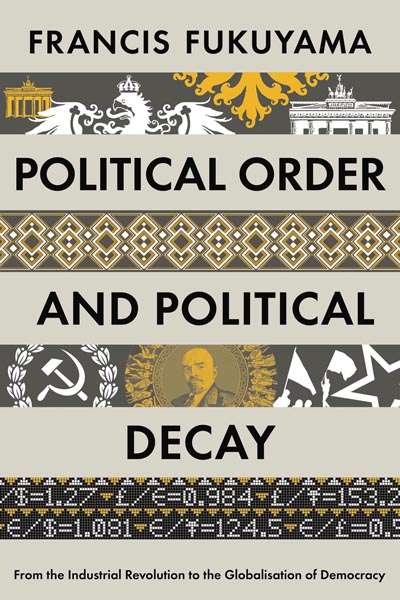Profile Books
Butler to the World: How Britain became the servant of tycoons, tax dodgers, kleptocrats and criminals by Oliver Bullough
by Kieran Pender •
Confronting Leviathan: A history of ideas by David Runciman
by David Kearns •
The Disappearance of Lydia Harvey: A true story of sex, crime and the meaning of justice by Julia Laite
by Alecia Simmonds •
The Pink Line: The world’s queer frontiers by Mark Gevisser
by Dennis Altman •
Long Live Latin by Nicola Gardini & Vox Populi by Peter Jones
Moneyland: Why thieves and crooks now rule the world and how to take it back by Oliver Bullough
by Kieran Pender •
Dramatic Exchanges: The lives and letters of the National Theatre edited by Daniel Rosenthal
by Ian Dickson •

